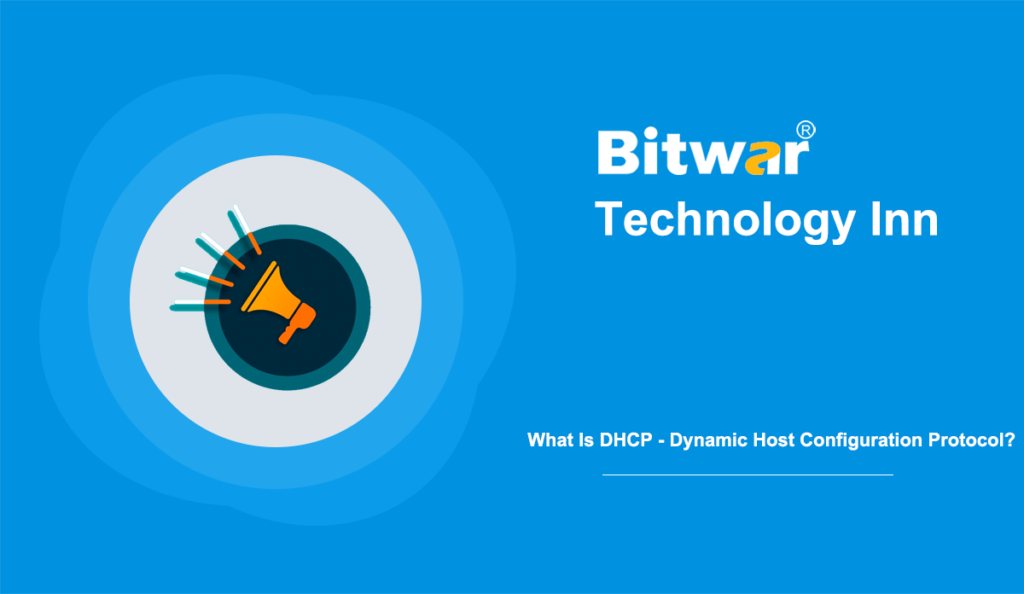Table of Contents
Definition Of DHCP
DHCP, short for Dynamic Host Configuration Protocol, is a network protocol used on Internet Protocol (IP) networks. The DHCP server assigns IP addresses and other configuration parameters to each host on the network automatically to communicate efficiently with other networks.
DHCP servers enable computers to automatically request IP addresses and network parameters from Internet service providers (ISP), which decreases the need for network administrators or users to assign IP addresses to all network devices manually.
DHCP assigns subnet masks, domain name server (DNS) addresses, default gateway addresses, and other related configuration parameters except for IP addresses. It can be implemented on networks of all sizes, from home networks to large campus networks and regional ISP networks.
Components Of DHCP
- Subnet: Subnet is the segments of an IP network, which help keep the network manageable.
- DHCP server: It is a networked device that runs a DCHP service, holding IP addresses and related configuration information. It is mostly a server or router, but any device acts as a host, such as an SD-WAN.
- DHCP client: It is the endpoint to receive configuration information from the DHCP server. A DHCP client can be a mobile device, computer, IoT endpoint, or any other endpoint that needs to be connected to the network. By default, most are configured to receive DHCP information.
- IP address pool: It is the range of addresses available to DHCP clients. Addresses are usually distributed from the lowest to the highest order.
- Lease: Lease is the length of time that a DHCP client holds IP address information. The client must renew the lease when it expires.
- DHCP relay: It is a host or router that listens for client messages broadcast on the network and forwards them to the configured server. Then the server sends the response back to the relay agent and passes the response to the client. It can be applied in centralize DHCP servers rather than have servers on each subnet.
Benefits Of DHCP
- Accurate IP configuration: IP address configuration parameters must be precise and error-prone when processing inputs. Using a DHCP server minimizes this risk of typography errors, which are often difficult to troubleshoot.
- Automation of IP address administration: Without DHCP, network administrators will need to assign and revoke addresses manually. DHCP allows automation and centralization of addresses so that network professionals can manage all locations from a single location.
- Efficient change management: DHCP makes changing addresses, scopes, or endpoints simply. The DHCP server is configured with new information that will propagate to the new endpoint. Similarly, if users upgrade and replace a network device, they do not need a network configuration.
- Reduce IP address conflicts: Every connected device must have an IP address. But each address can only be used once, and duplicate addresses result in conflicts. Errors may occur when addresses are assigned manually. Using DHCP ensures that each address is used only once.
The above briefly introduces the Dynamic Host Configuration Protocol – DHCP, including the definition, components, and benefits of DHCP.
